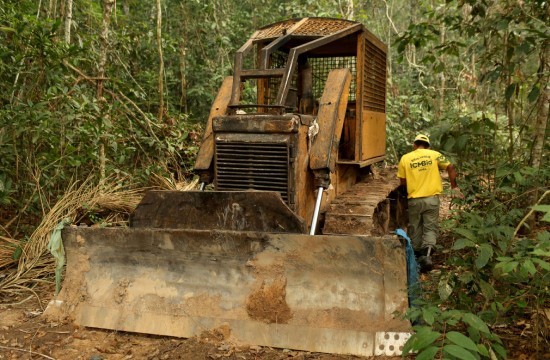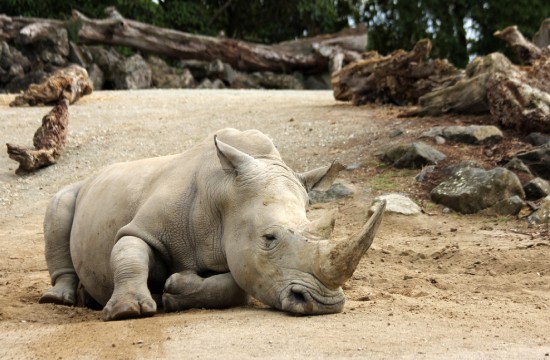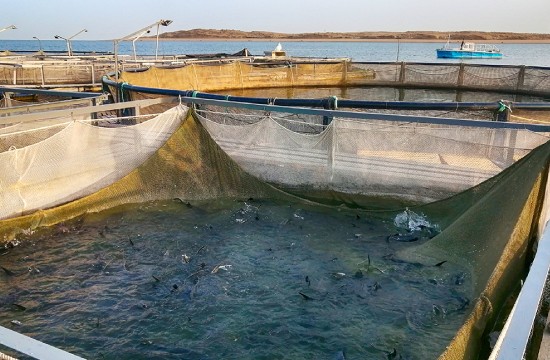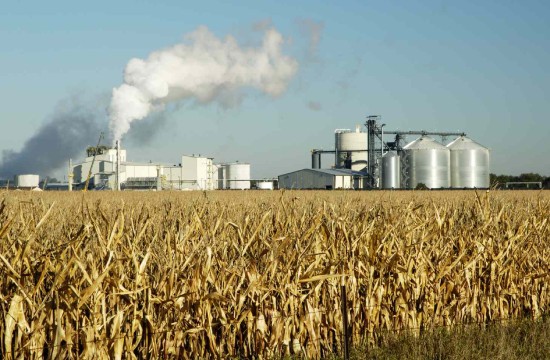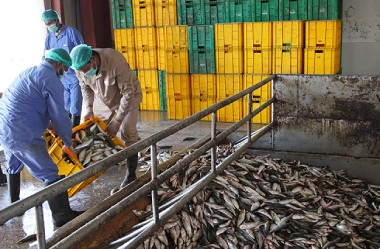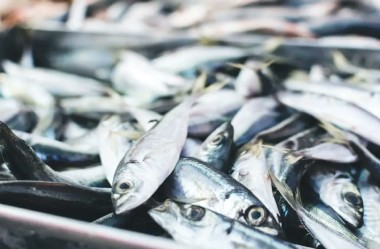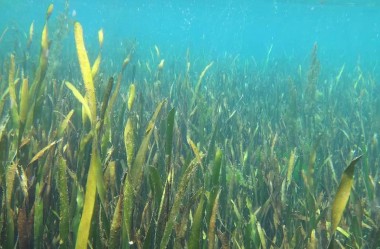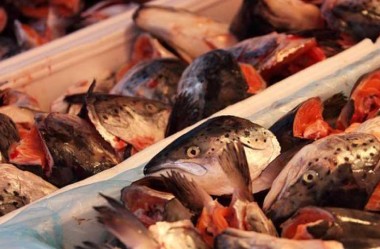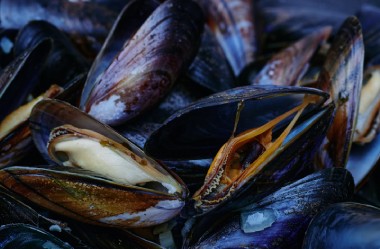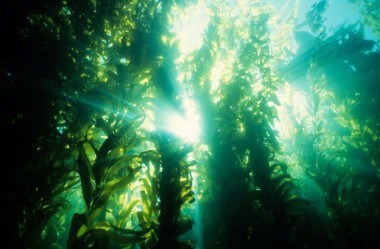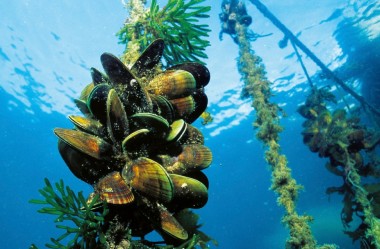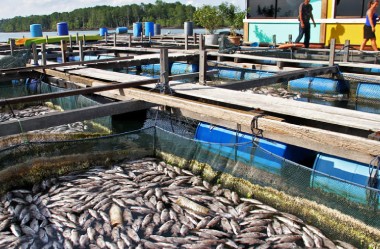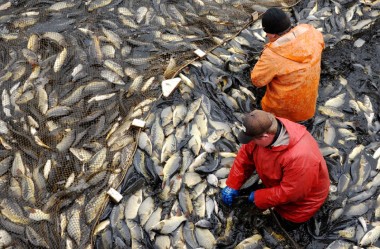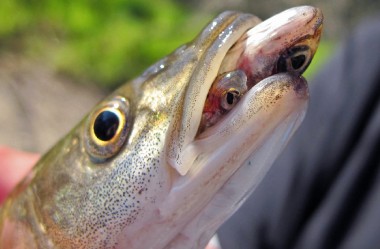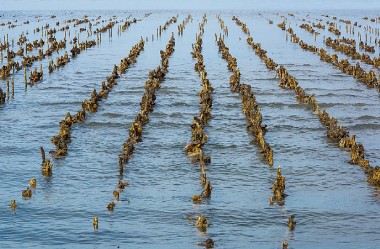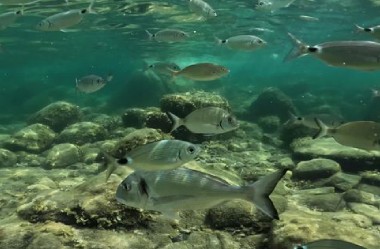Impact of Agriculture on the Planet
The impact of agriculture on the planet is as significant as climate change, making it one of the most powerful forces to shape the world since the end of the ice age. Agriculture and climate change are equally important, occurring simultaneously, and profoundly affect the environment and society.
Land Use: Agriculture occupies a substantial portion of the Earth's surface, covering about 40% of the land area. This extensive use of land for farming activities speaks to the scale of human influence on terrestrial ecosystems.
Water Consumption: Agriculture is a significant consumer of water resources, utilizing approximately 70% of the freshwater available for human use. This high demand for water underscores the importance of sustainable water management practices in agriculture.
Greenhouse Gas Emissions: The agricultural sector contributes significantly to greenhouse gas emissions, accounting for around 30% of total emissions. The release of carbon dioxide, methane, and nitrous oxide from agricultural activities contributes to global warming and climate change.
Nutrient Pollution: Using fertilizers has led to a significant increase in nitrogen and phosphorus levels globally. This excess nutrient runoff can result in water pollution, impacting rivers, lakes, and oceans and leading to water quality issues and ecosystem disruptions.
Biodiversity Loss: Agriculture is identified as a major driver of biodiversity loss. The conversion of natural habitats for agricultural purposes, use of pesticides, and monoculture practices can lead to habitat destruction, species loss, and ecosystem degradation.
Environmental Challenges: The combined effects of agricultural practices, such as land use change, water consumption, greenhouse gas emissions, nutrient pollution, and biodiversity loss, underscore the complexity and urgency of addressing environmental challenges associated with agriculture.
Food Emissions: A Looming Threat to Climate Goals
While tackling energy is crucial, focusing solely on fossil fuels ignores a hidden monster – food production. Even with zero non-food emissions, our current food systems could use up our entire 1.5°C or 2°C carbon budget. This leaves us little room for error and creates a ticking time bomb for climate change.
Exceeding this budget could lead to devastating consequences, such as more frequent heat waves, intense storms, and rising sea levels, jeopardizing food security and ecosystems worldwide. With each passing year, the challenge becomes more daunting.
Even if we stopped all non-food emissions tomorrow, food production alone would consume nearly all our remaining carbon budget for 1.5°C. This looming crisis demands urgent eco-scaling of solutions. Shifting consumer habits, transforming farming practices, and achieving global cooperation present significant challenges, but the consequences of inaction are far greater. Resource depletion and climate change threaten food security and our planet's very future. We must act now with a sense of urgency to address this crippling challenge.
The Looming Crisis
Our current food systems are a ticking time bomb for climate change. Here's why:
- Emissions on Par with Fossil Fuels: Business-as-usual food production could emit as much as fossil fuels by 2100, blowing past our 1.5°C and 2°C climate targets.
- Limited Budget, Massive Footprint: Even if we stopped all non-food emissions today, food production alone could still push us beyond our carbon budget.
- Unsustainable Growth: Projected population growth and dietary shifts towards more meat and dairy will further exacerbate the problem.
The Urgency
This is not a future threat; it's a present challenge. We need immediate action to:
- Reduce Food Emissions Drastically: Business-as-usual is not an option. We need significant reductions to stay within our climate targets.
- Combined Approach: No single solution is enough. We need a multi-pronged attack encompassing dietary changes, reduced food waste, improved farming practices, and technological advancements.
The Difficulty
Transforming our food systems is a complex task:
- Consumer Behavior: Shifting towards plant-based diets and reducing overall consumption is essential but requires cultural and social change.
- Producer Practices: Adopting sustainable farming techniques requires investment and education for farmers.
- Global Coordination: The challenge requires international cooperation and policy changes to incentivize sustainable practices.
The Stakes
The consequences of inaction are dire:
- Missed Climate Targets: Failure to address food emissions jeopardizes our ability to limit global warming.
- Resource Depletion: Unsustainable food production strains water resources and contributes to deforestation.
- Food Security Risks: Climate change threatens agricultural yields and food security for future generations.
We must act now to transform our food systems.
This requires:
- Consumer Awareness: Educating ourselves about the environmental impact of food choices.
- Government Policies: Promoting sustainable farming practices and reducing food waste through legislation and incentives.
- Technological Innovation: Investing in developing sustainable farming technologies and alternative proteins.


